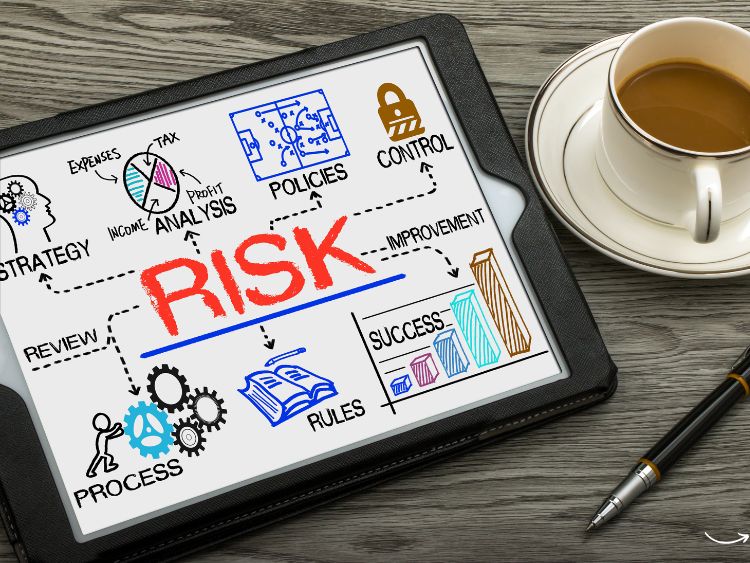Have you ever wondered why some businesses thrive in uncertain environments while others falter? The secret often lies in how well a company manages its risks. Risk management training plays a crucial role in equipping professionals with the skills and knowledge they need to foresee, analyze, and mitigate potential risks. This article dives deep into the world of risk management training, exploring its significance, methods, and benefits for modern businesses. Let’s embark on a journey that transforms theoretical knowledge into practical, actionable strategies to shield your business from unforeseen dangers.
What is Risk Management Training?
Risk management training involves structured educational programs aimed at teaching participants how to handle potential threats to an organization’s capital and earnings. These programs cover a range of topics, from basic principles of risk assessment to advanced strategies for mitigating financial, operational, and reputational risks.
Key Components of Effective Risk Management Training
- Risk Identification: Learning how to pinpoint potential risks that could affect a business.
- Risk Analysis: Techniques for assessing the identified risks to determine their magnitude and impact.
- Risk Control Strategies: Methods to mitigate risks through preventive and corrective measures.
- Monitoring and Reviewing: Continuous process of tracking risk management performance and revising strategies as necessary.
Why Invest in Risk Management Training?
In today’s fast-paced and ever-changing business landscape, being proactive about risk management is not just wise—it’s essential. Here are some compelling reasons why investing in risk management training can dramatically benefit your organization:
- Enhanced Decision Making: Employees with risk management training can make more informed, data-driven decisions.
- Improved Business Resilience: Training prepares businesses to respond effectively to unexpected events, reducing downtime and financial losses.
- Competitive Advantage: Companies proficient in risk management are better positioned to seize opportunities while avoiding pitfalls.
- Regulatory Compliance: Many industries have strict guidelines on risk management; training ensures compliance and avoids legal or financial penalties.
How to Implement Risk Management Training in Your Organization
Implementing an effective risk management training program requires careful planning and execution. Here’s how to get started:
- Assess Your Needs: Determine what risks are most relevant to your organization and what skills your team needs to handle these risks.
- Choose the Right Format: Decide whether online, in-person, or hybrid training models suit your team’s needs and your organizational goals.
- Select Qualified Trainers: Ensure that the trainers have a solid background in risk management and are skilled educators.
- Tailor the Curriculum: Customize the training modules to address specific risks that your business faces.
- Measure Effectiveness: Regularly assess the impact of training on your team’s risk management capabilities and make adjustments as needed.
Advanced Techniques in Risk Management Training
To keep up with the evolving nature of risks, advanced training methods have become essential. These include:
- Simulation-Based Training: Uses real-life scenarios to teach risk response strategies effectively.
- Cross-Functional Training: Involves training employees from different departments to provide a more integrated approach to risk management.
- Continuous Learning Modules: Offers ongoing training opportunities to adapt to new risks and regulations.
FAQs About Risk Management Training
Who should undergo risk management training? Anyone involved in decision-making processes at any level of the organization should have basic risk management skills. For industries facing high-risk scenarios, specialized training is recommended for all employees.
How often should risk management training be conducted? It’s best to hold training sessions annually to refresh skills and update the team on new risk management strategies and regulations.
Can risk management training help in personal career advancement? Absolutely! Individuals equipped with risk management skills are invaluable assets to any organization, often leading to career growth and opportunities in leadership roles.
Summary
Risk management training is not just about avoiding risks; it’s about creating a proactive culture that enables businesses to thrive in uncertainty. By investing in comprehensive risk management training, organizations can enhance their resilience, boost their competitiveness, and ensure long-term success. Remember, when risks are managed effectively, the opportunities for growth are limitless.
Invest in risk management training today and watch your business transform from vulnerable to victorious!







